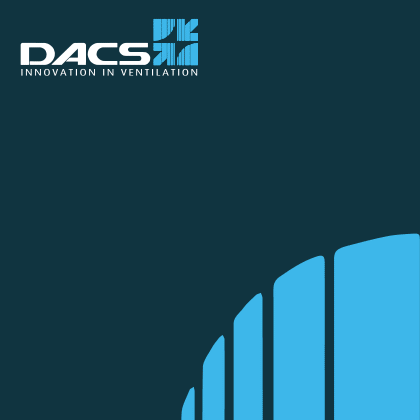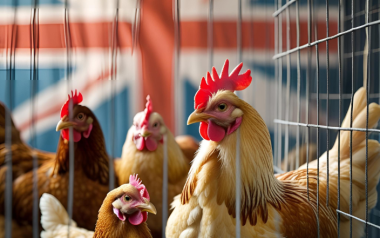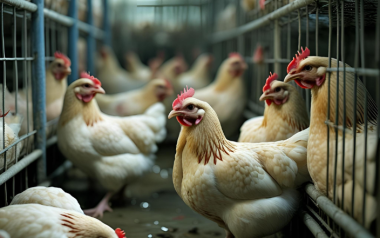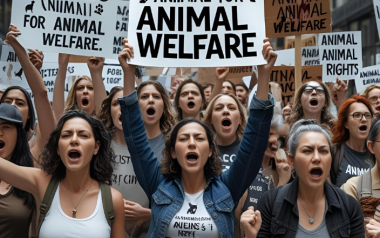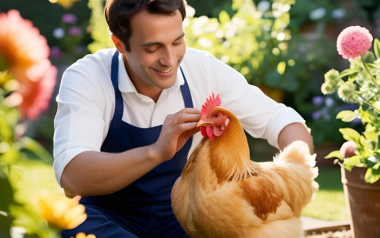Sources: Available upon request
07 Jul 2025
UK retailers face 2025 cage-free deadline
As the UK approaches the 2025 deadline for eliminating cages in egg production, the spotlight is intensifying on retailers and food companies to honor their cage-free commitments.
As the UK approaches the 2025 deadline for eliminating cages in egg production, the spotlight is intensifying on retailers and food companies to honor their cage-free commitments. The transition, driven by growing consumer awareness and animal welfare advocacy, represents a significant shift in the UK’s food supply chain—but not all companies are on track.
According to Compassion in World Farming’s (CIWF) 2024 EggTrack report, the UK is leading Europe in the cage-free transition, with approximately 75% of the market already cage-free. The report categorizes companies into four groups:
- Leaders (100% cage-free),
- In Progress (on track to meet the 2025 goal),
- At Risk (unlikely to meet the deadline), and
- Laggards (not reporting or regressing).
Among the Leaders are Waitrose, Marks & Spencer, Sainsbury’s, The Co-operative Food, Greggs, McDonald’s, and Pizza Express. These companies have fully transitioned to cage-free systems for both shell eggs and egg products, setting a benchmark for the industry.
In the In Progress category are Tesco, Whitbread, and others who have made substantial progress but still need to close the gap before the year ends. Meanwhile, At Risk companies include Asda, Lidl GB, and Morrisons—retailers that have made commitments but are falling behind in implementation. Laggards such as Spar (UK) Ltd and One Stop have either failed to report progress or have backtracked on their pledges.
One of the most controversial moves came from Iceland Foods, which dropped its cage-free commitment altogether, drawing criticism from animal welfare groups and consumers alike.
The public remains firmly in favor of the cage-free movement. A 2024 CIWF poll revealed that 75% of UK consumers believe cages are cruel, and two-thirds are willing to pay more for cage-free eggs. This sentiment reflects a broader European trend, where countries like Germany, Austria, and France are also phasing out cages, often through legislation.
Despite the voluntary nature of most corporate commitments, CIWF argues that legislation is now essential to ensure full compliance and to protect companies that have invested in ethical sourcing. “Voluntary pledges have driven real progress, but we’re at a critical juncture,” said Dr. Tracey Jones, CIWF’s Global Director of Food Business. “Without legal backing, there’s a risk that lagging companies will undermine the efforts of those leading the way”.
The EggTrack report also highlights the importance of transparency. Companies that regularly report their progress are more likely to meet their goals. CIWF encourages all businesses to publish annual updates, not only to build consumer trust but also to maintain momentum within the industry.
- The 2025 deadline applies to both shell eggs and egg products used in prepared foods—a distinction that has proven challenging for some companies.
- While switching to cage-free shell eggs is relatively straightforward, sourcing cage-free egg ingredients for processed foods requires deeper supply chain adjustments.
Retailers and food service providers are also facing logistical and financial hurdles. The transition to cage-free systems often involves higher production costs, supply chain restructuring, and long-term contracts with compliant suppliers. However, many companies argue that the benefits—improved animal welfare, stronger brand reputation, and alignment with consumer values—far outweigh the costs.
Looking ahead, the next EggTrack report in 2026 will serve as a definitive scorecard, revealing which companies met their commitments and which fell short. Until then, the pressure is on for UK retailers to act decisively in the final months of 2025.
The cage-free countdown is more than a corporate milestone—it’s a test of ethical leadership in the food industry. As the deadline nears, consumers, campaigners, and policymakers alike will be watching closely to see who delivers on their promises and who gets left behind.




